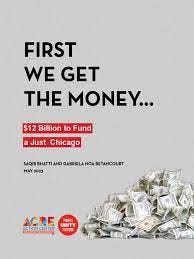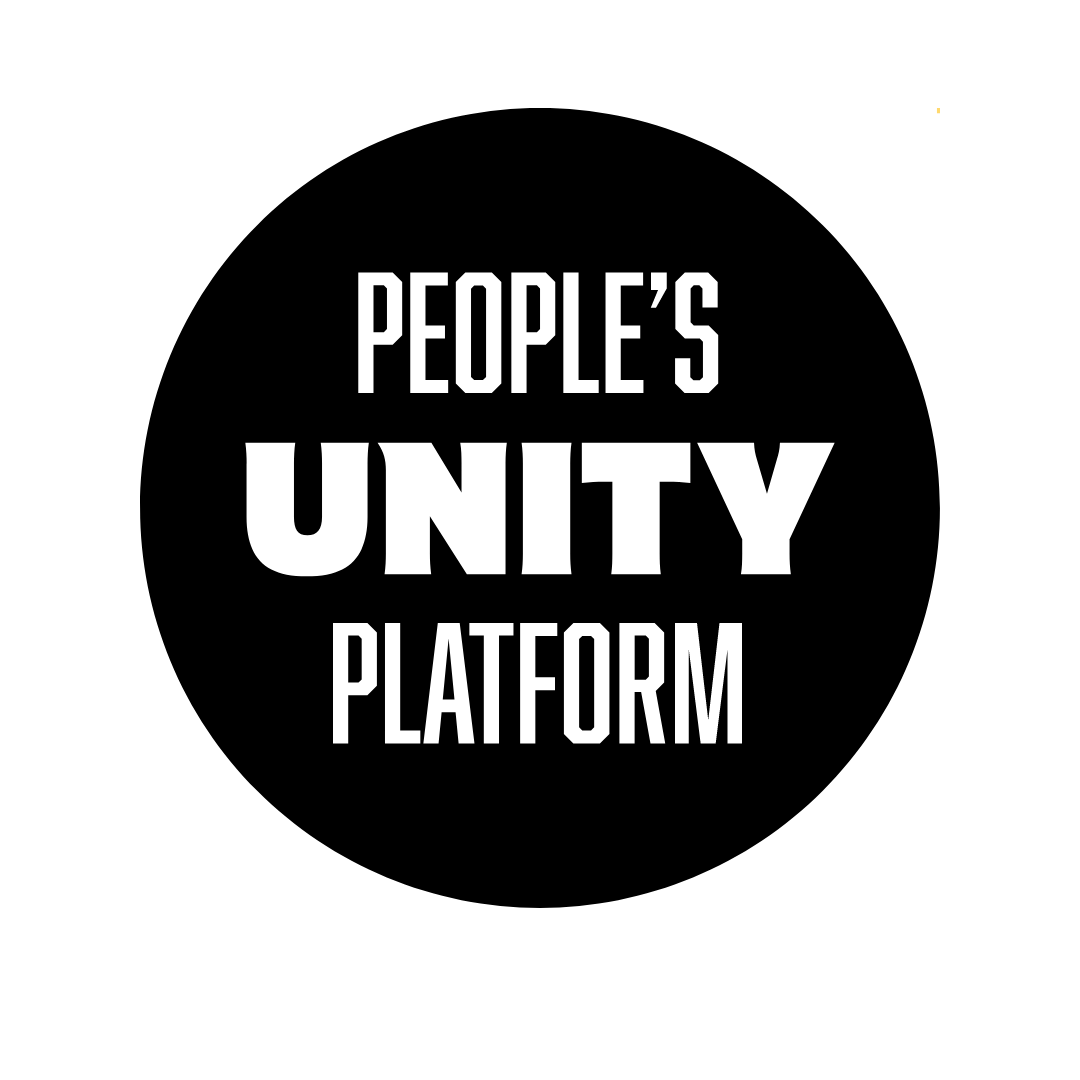Less than 72 hours after Mayor Brandon Johnson took office, two organizations - Action Center on Race and the Economy (ACRE) and The People’s Unity Platform floated a City of Chicago budget proposal that at best will kneecap the new mayor.
Saqib Bhatti, who is co-founder and co-executive director of ACRE, also is a member of a sub-committee on the mayor’s transition team.
Although the groups maintain the proposal contains many of the elements Johnson campaigned on; neither the mayor or his spokesman have co-signed it. However, Jason Lee, the mayor’s spokesman acknowledged some of the items are similar to the mayor’s campaign platform. Johnson’s post-campaign plan is called “Better Chicago Agenda.”
Early in the campaign Johnson’s opponents battered him over his previous statement that he favored “defunding” the police. Johnson couldn’t find enough wiggle room to get out of the statement and ultimately in the final weeks of the campaign he emphatically stated he would not cut the CPD by even one penny. The proposal his allies put forth not only calls for cutting the police department budget by 9 percent, but also eliminating all vacant positions.
It’s ludicrous on its face as the mayor has pledged to bump the ranks of CPD detectives by 200. Those 200 would come via promotions for officers already on the job. Eliminating vacant positions transfers into Johnson not being able to replace those who get promoted.
Proposal potentially strains an already fragile relationship with the business community
Johnson, understandably never had the support of Chicago’s business community. Corporate leaders relish relationships they have built with incumbents because it assures consistency if not stability. Once the incumbent, former Mayor Lori Lightfoot was eliminated, the business community embraced Johnson’s opponent in the runoff-Paul Vallas.
Johnson repeatedly embraced positions that were easily and correctly interpreted as anti-business. That list includes:
$400 million from raising the real estate transfer tax on high-end home sales on properties worth more than $1 million over four years
$100 million from new “user fees on high-end commercial districts frequented by the wealthy, suburbanites, tourists and business travelers.”
Over $20 million from reinstating the $4-a-month-per-employee “head tax” on “large companies” that perform at least half their work in Chicago.
$100 million from taxing financial transactions at a rate of $1 or $2 for every “securities trading contract.”
$30 million from increasing Chicago’s already nation-leading hotel taxespecially when he promoted resurrecting a head tax on businesses.
$98 million from “making the big airlines pay for polluting the air” in Chicago neighborhoods.
The sentiment in much of the business community and some of the mainstream media is enacting such a vision will drastically reduce the city’s tax base by driving businesses to relocate into the suburbs.
Although Johnson backed off the idea Get the Money First include it in its plan a head tax on businesses with more than 50 employees. It is an on-again, off-again tax that was last on until former Mayor Rahm Emanuel had it rescinded during this first term. Perennial mayoral candidate Willie Wilson penned an op-ed in the Chicago Trinbue detailing how detrimental such a tax would be. Wilson wrote “instituting a head tax would destroy businesses, harm economic growth and cause businesses to leave Chicago.”
It’s a true puzzlement why two organizations such as ACRE and the People’s Unity Platform would stick with such a draconian idea when the mayor they claim to support has abandoned it.
What is equally puzzling is why they would issue such a plan this early in Johnson’s administration and nearly seven months before the end of the current fiscal year. Key members of the group had to be aware that Johnson only announced his budget director days before taking office. That means Annette Guzman likely has not had time to adequately access the city’s budget. History tells us what an outgoing incumbent says about a budget doesn’t always jibe with the reality the incoming director must deal with.
The process with the People’s Unity Platform and ACRE strongly bears out the adage “with friends like this who needs enemies>”







